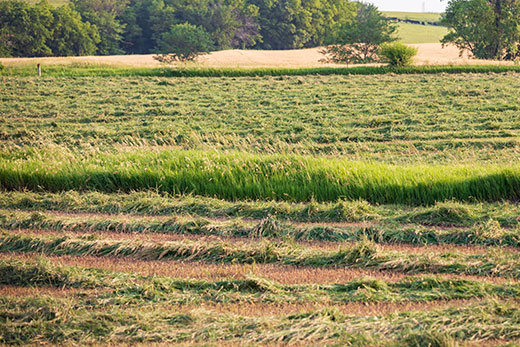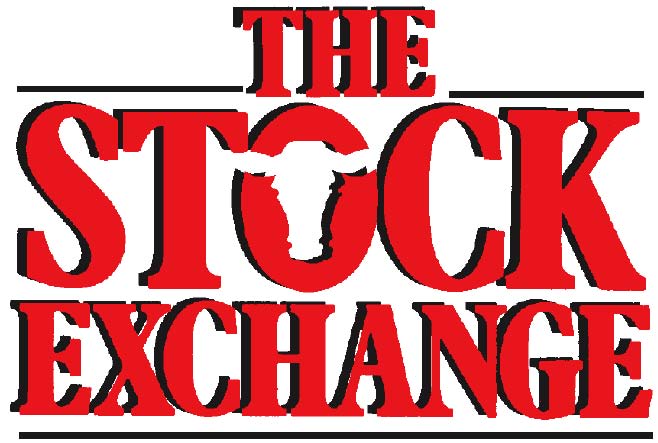
The timing of the cutting has a direct correlation to the nutritional value of the hay.
Cutting hay when the seed head first appears is best for nutritional value
MANHATTAN, Kan. — For farming and ranching families, summertime often brings with it hay cutting. Knowing when to cut the hay is key for optimum nutrition, said the experts at the Kansas State University Beef Cattle Institute on a recent Cattle Chat podcast.
“When grass gets to the boot stage, where it puts up that first seed head but before it fully emerges, that is the best time to cut it because of the balance in digestibility and the number of pounds of grass harvested,” said Phillip Lancaster, a BCI beef cattle nutritionist.
He added: “From that point on the forage declines in digestibility as it increases in its biomass.”
Because of the constraints of weather and many acres to cut, veterinarian Bob Larson said producers are left with a diversity in the quality of their hay.
“You want to store the hay in such a way that you know where the best quality hay is located so you can feed it at the right time in the cattle cycle,” he said.
Lancaster said cows in early lactation or replacement heifers are two segments of the herd that may benefit the most from the higher quality hay.
K-State veterinarian Brad White added: “Because we may not be able to cut all the hay at the right time, it is important to look at the nutritional needs of the herd and feed the hay accordingly.”
To hear more of this discussion, listen in to the Cattle Chat podcast online.
